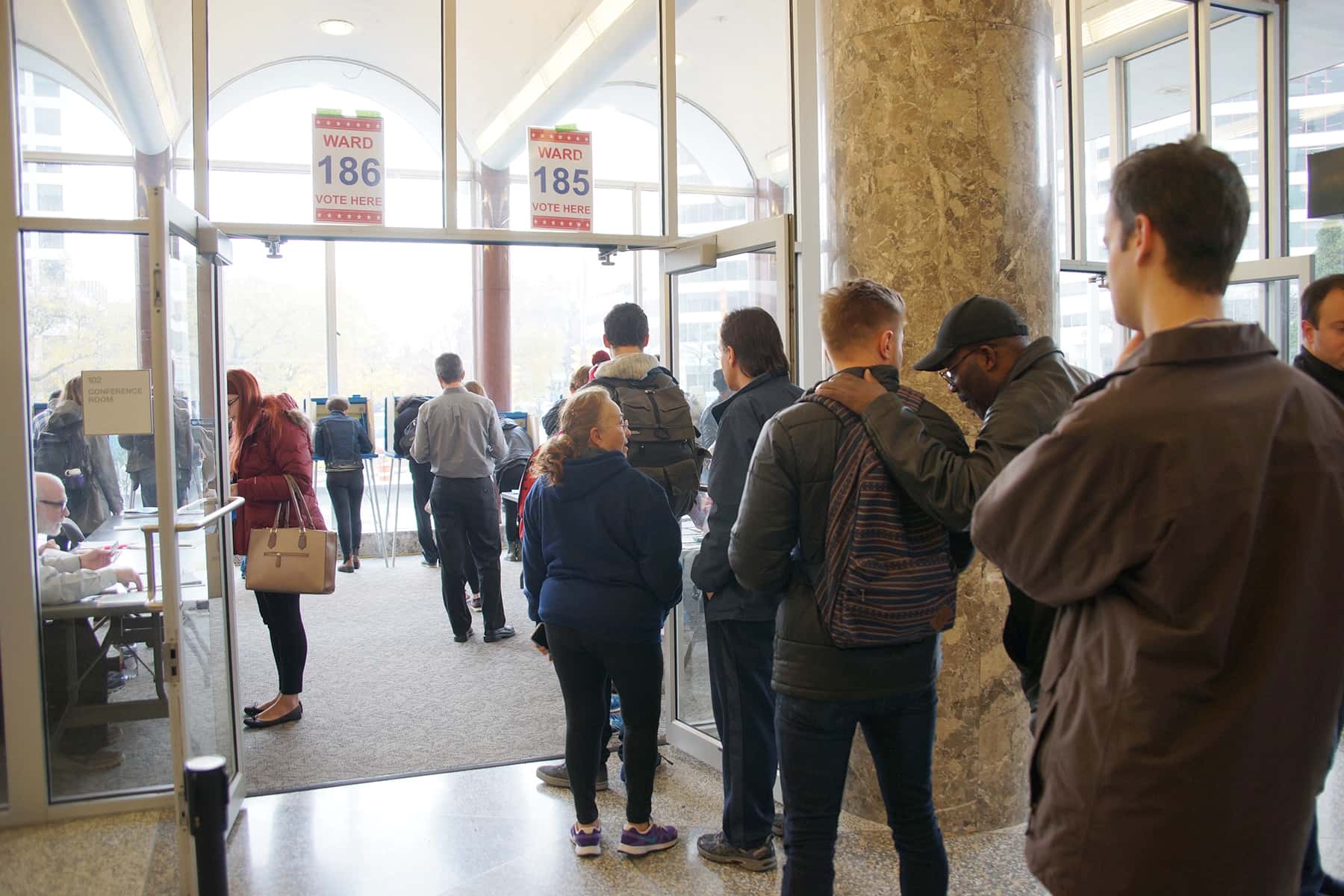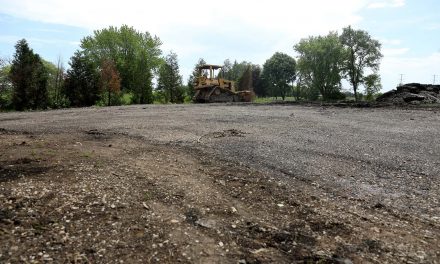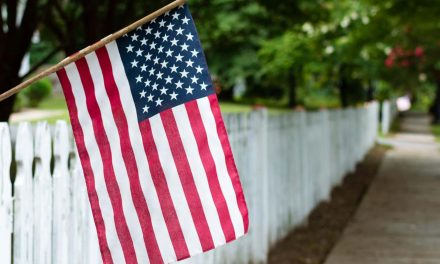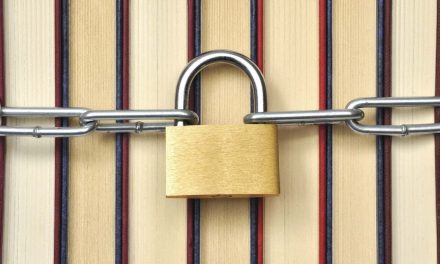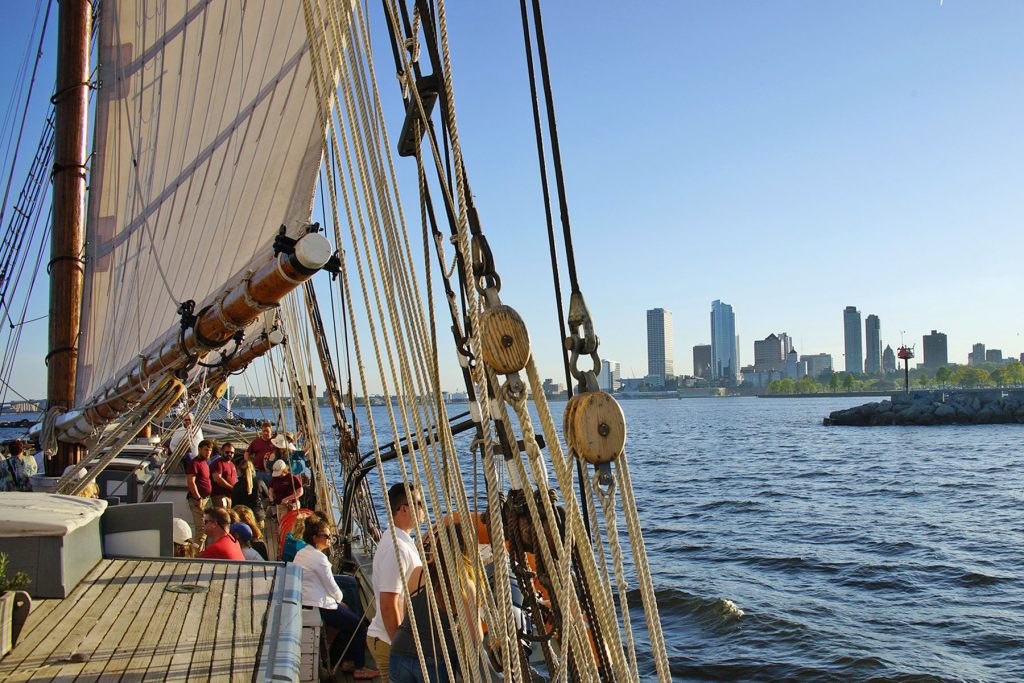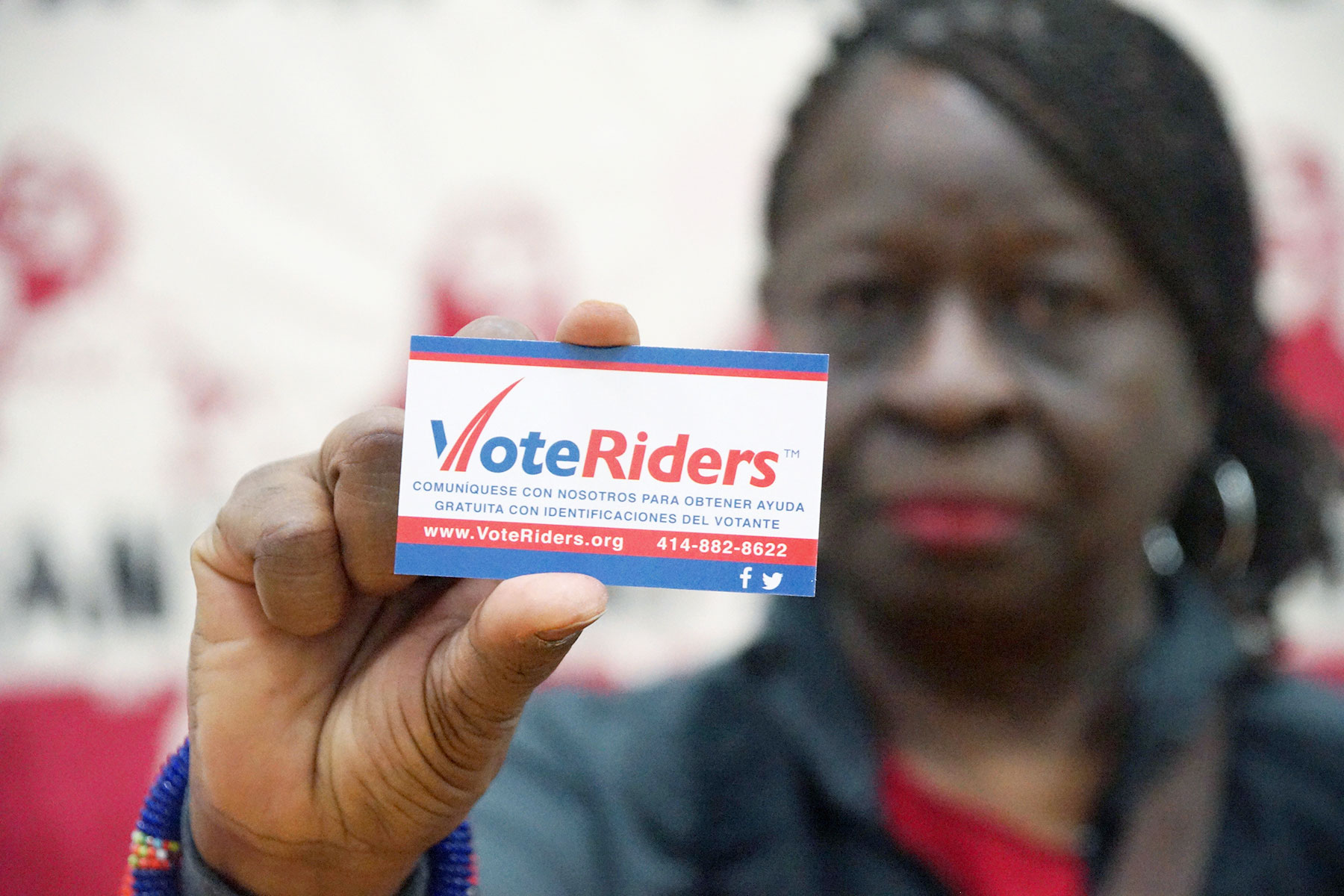
The Milwaukee pastor Greg Lewis spent weeks before the November midterms working to get out the vote. Through the Souls to the Polls program, Lewis and other Milwaukee church officials educated members of the community about their voting rights, ensured they were registered and had proper documentation, and got them to polling places to cast their votes – sometimes encouraging them directly from the pews to the polls.
Through the Souls to the Polls program, Lewis and other Milwaukee church officials educated members of the community about their voting rights, ensured they were registered and had proper documentation, and got them to polling places to cast their votes – sometimes encouraging them directly from the pews to the polls.
It was exhausting work, Lewis said, but necessary to make sure members of the city’s “overlooked” and “underserved” African American community were able to make their voices heard.
“People are tired of being abused and misused, and others are tired of seeing those people abused and misused,” said Lewis, a minister at St Gabriel’s Church of God in Christ on the city’s north side. “And we really came together.”
But now, access to the ballot for African Americans in this deeply segregated city of 600,000 is coming under threat.
The outgoing Republican governor, Scott Walker, on Friday signed a package of bills passed by Republicans in the Wisconsin state legislature hamstringing the incoming Democrats in what has been characterized – even by some prominent Republicans in the state – as a “power grab”. Among the bills Walker signed out of the controversial lame-duck session was a bill to limit early voting in the state, a measure similar to one that was ruled unconstitutional and discriminatory in 2016.
The measure has already triggered legal challenges from liberal groups in the state, and is likely to be shot down in court, activists and experts say. But it underscores the Republican attacks on minority voting rights across the country, and some here fear it has already caused enough uncertainty to keep voters away from the ballot box.
“It’s going to cause a lot of confusion,” said Neil V Albrecht, executive director of the city of Milwaukee election commission. “And when there’s confusion, it’s usually voters who bear the consequences. “I’m always a little stymied when lawmakers are looking for opportunities not to increase voter participation, but for opportunities to limit it.”
Under the previous restrictions, early voting was limited to two weeks prior to the Friday before election day, and ballots could only be cast at clerks’ offices on weekdays. The Republicans behind the measures argued that the limits were necessary to create uniform access to voting in the state, arguing that smaller towns didn’t have the resources to provide the extended voting hours that Milwaukee could.
But the US district judge James Peterson ruled in 2016 that those measures imposed by Walker and the Republicans were unconstitutional, noting that the legislature “still tolerates disparities in voting hours among Wisconsin municipalities” under the rules and writing that the effort “intentionally discriminates” against African Americans.
The new restrictions passed by Republicans in the lame-duck session and signed by Walker don’t go quite as far; while early voting would again be limited to two weeks, the legislation would allow for ballots to be cast during night and weekend hours and in multiple locations, not just clerks’ offices.
Nevertheless, the move would make it harder for many voters to get to the polls in Milwaukee, which already sees lower turnout than the Wisconsin average, according to Albrecht. Turnout in the most recent election, after Peterson overturned the early voting restrictions, was significantly higher. Overall voter participation increased about 4% between 2014 and 2018, according to statistics provided by Albrecht. Albrecht credited that jump to a nearly 140% increase in early voting, a hike in participation that included a number of voters who cast ballots outside the two-week window that would be enforced under the new lame-duck legislation.
Anita Johnson, a Wisconsin voter advocate who helped spearhead Souls to the Polls, said the difference was noticeable. After spending months visiting everywhere from churches to homeless shelters to educate members of the community about voting and organizing to get them to the polls, she said she saw lines out the door of polling places with residents casting early votes.
“I haven’t been happy about an election in a long time,” Johnson said. “I would like to think that Souls to the Polls efforts in Milwaukee is a big reason why we won the last election.”
Democrats pulled off major victories in Wisconsin in this year’s election, with Tony Evers ousting Walker, the Republican who has held the governor’s mansion since 2011, and Josh Kaul defeating the Republican incumbent Brad Schimel in the race for attorney general. Republicans in the unusual lame-duck session have also sought to limit the powers of Evers and Kaul, whose firm represented Citizen Action of Wisconsin, One Wisconsin, and the other plaintiffs in the 2016 challenge to the early voting restrictions.
Robert Kraig, executive director of Citizen Action of Wisconsin, characterized the new effort to restrict early voting as “retribution” by Republicans and an attempt to “stack the deck” against Democrats by discriminating against African Americans and Latinos.
“We have a political party in the United States that has decided it’s completely OK to hold on to power by reducing the number of people who are voting,” Kraig said from Citizen Action’s small but bustling Milwaukee office, where the group was gearing up for another legal challenge to the early voting restrictions. “It’s fundamentally undemocratic.”
Kraig said his group was still considering its legal strategy but expressed confidence the legislation would not survive a court challenge. He also said that, because some parts of the 2016 case are still active, such as a challenge to photo identification requirements that are still under appeal, it might be possible to quickly shoot it down as part of the original case, as a violation of Peterson’s order.
Richard Hasen, the a political science professor at the University of California-Irvine and an expert on election law, said the new restriction appears “very similar” to the overturned legislation and that “it is likely to meet the same fate” if the challenges go back to Peterson.
It remains to be seen if the new law will reverse the increase in voter turnout – or if the restrictions will even survive an inevitable legal challenge. But for Lewis, one of dozens of church leaders who helped his community make its voices heard in the last election, the “horrific” effort to curb minority voting rights illustrates the power of the ballot and is “just another reason to stand up.”
“It’s an incentive to know that somebody’s trying to stop you from voting,” Lewis said. “That ought to tell us something. We’ve got to vote,” Lewis added, “just because they don’t want us to.”
Tom Perkins
JR Ross
Originally published on The Guardian as Courts likely to strike down Republican lame-duck power grabs, experts say
Help deliver the independent journalism that the world needs, make a contribution of support to The Guardian.

